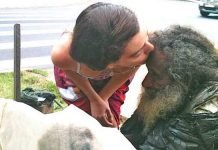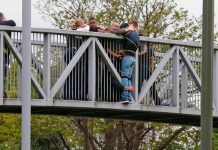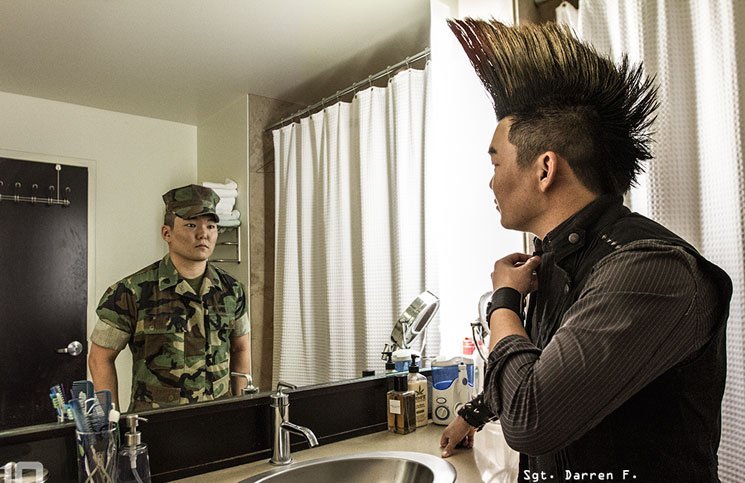Do you know what America’s veterans look like?
There are approximately 21.8 million veterans in the United States, according to the census. But it can be difficult sometimes to see the diversity of faces that make up such an imposing statistic. Here are a few things we do know: Out of 21.8 million veterans, approximately 1.3 million of them are living uninsured,according to the Urban Institute, while according to the National Coalition for Homeless Veterans, 60,000 veterans are currently homeless sleeping on our streets.
As Jared Keller noted for Mic, we fail our veterans every day — yes, even on Veterans Day. Perhaps one of the reasons why is because it is still so easy to lump everyone together, to stigmatize and stereotype when we should be humanizing. A new photo series called The Soldier Art Project aims to change this, capturing the humans who inhabit the uniforms in powerful and often poignant portraits.
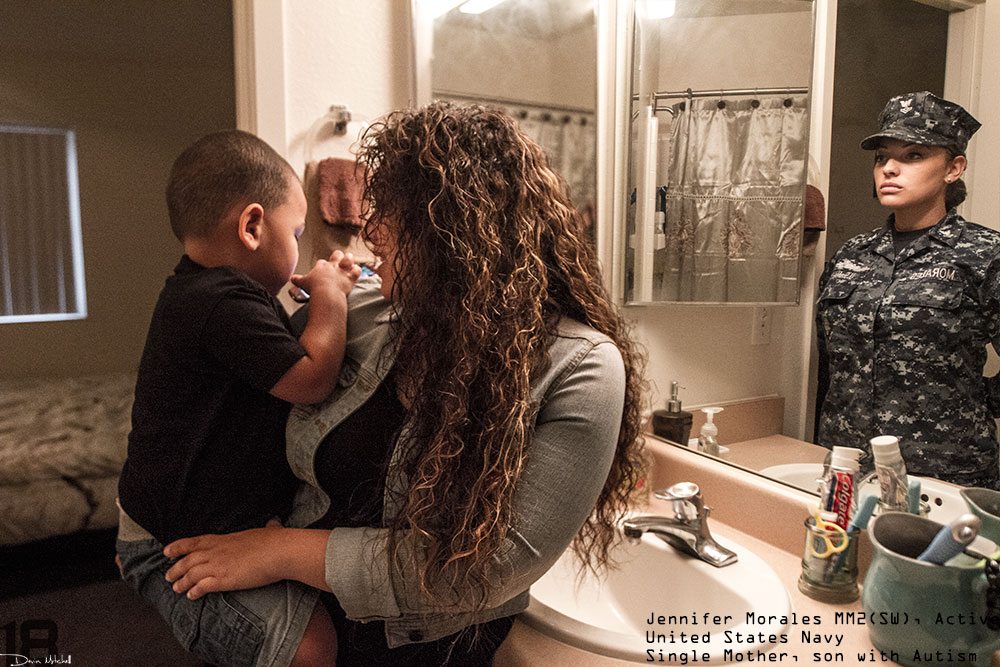
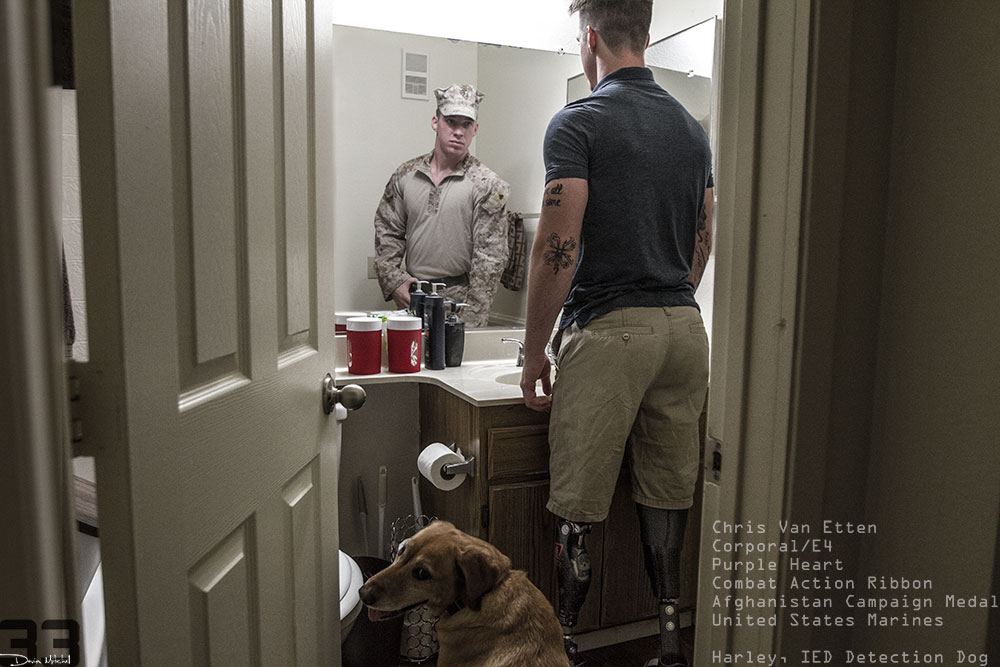
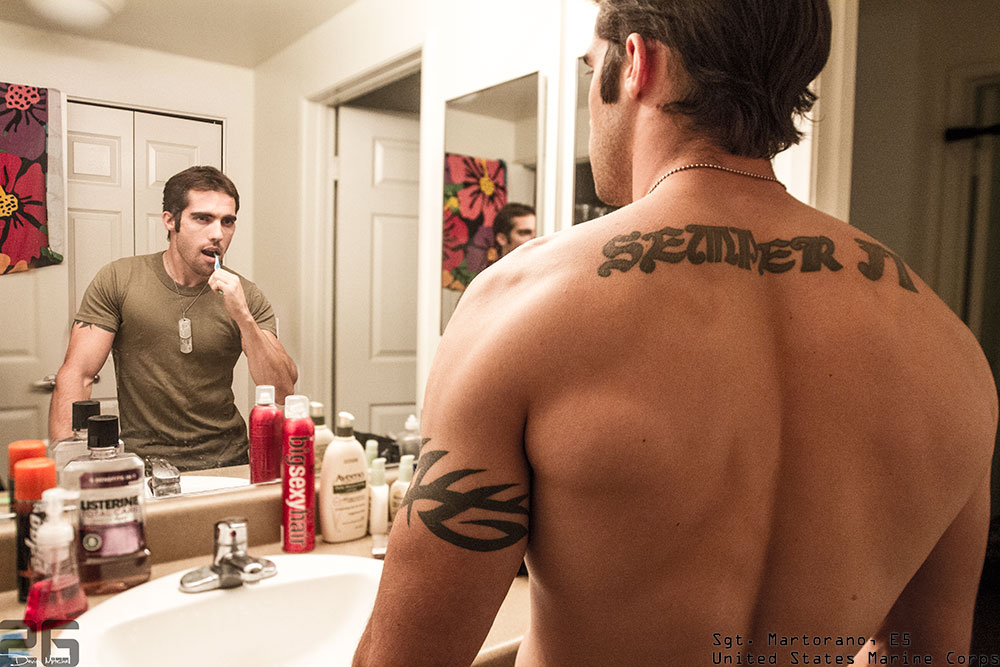
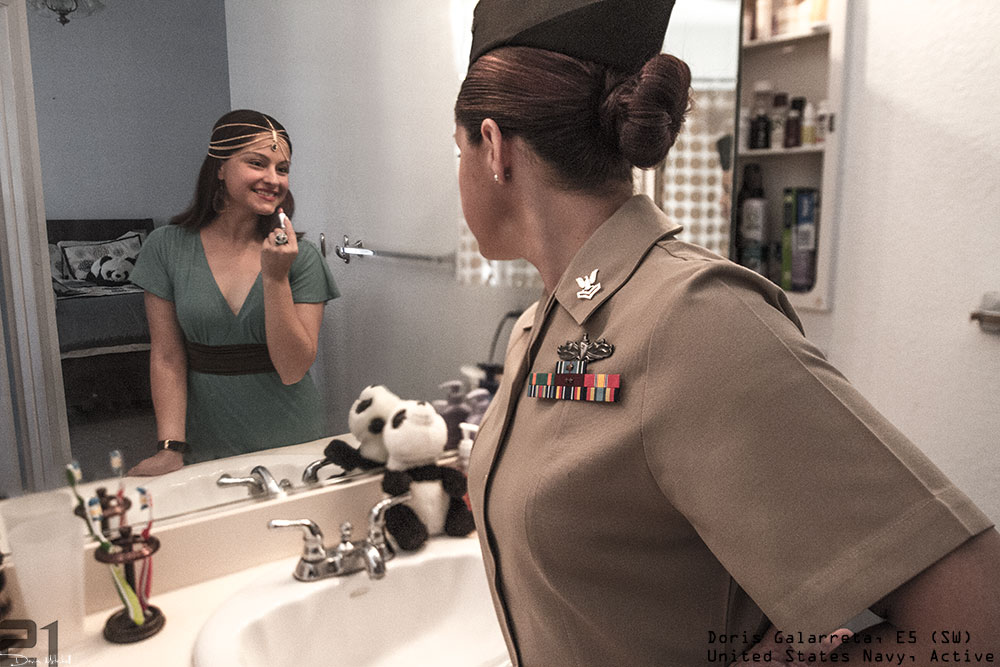
Created by photographer Devin Mitchell, the series inspires viewers to think critically about our assumptions regarding those who serve. So far, reception has been overwhelmingly positive.
“The military community has expressed their interest in using my art to communicate how many of them feel to be living double lives while serving in the military,” Mitchell told Mic. “People who have never served have shown interest in knowing more about the diversified aspects of what causes veterans to feel that way.”
And this is just the beginning. Mitchelll said he wants to shoot “at least 10,000 of these over my lifetime, including at least 30 Congress members, three generals and one United States president, current or former.”
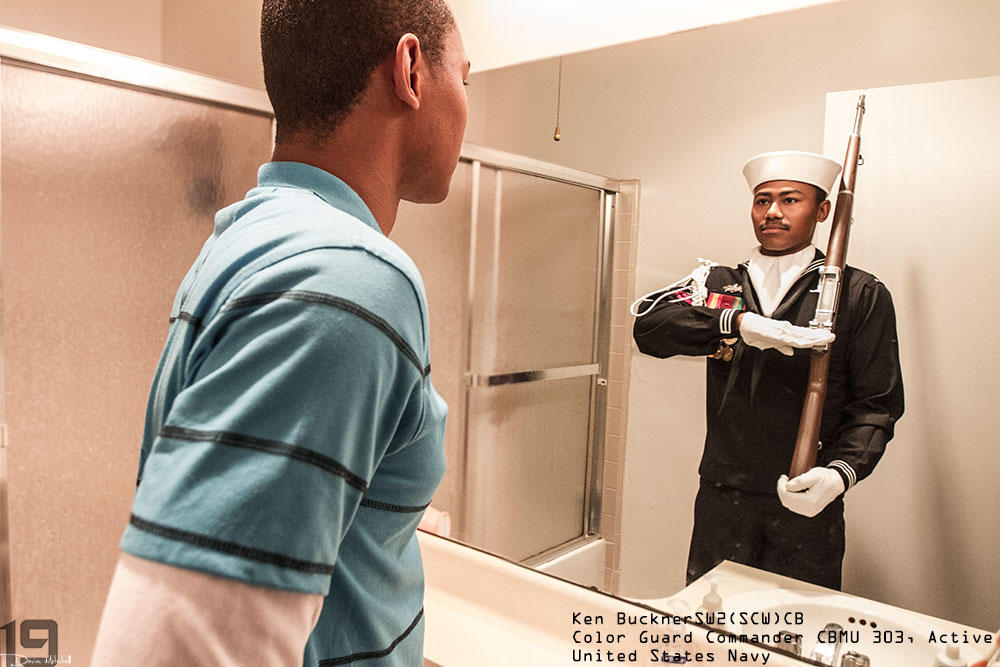
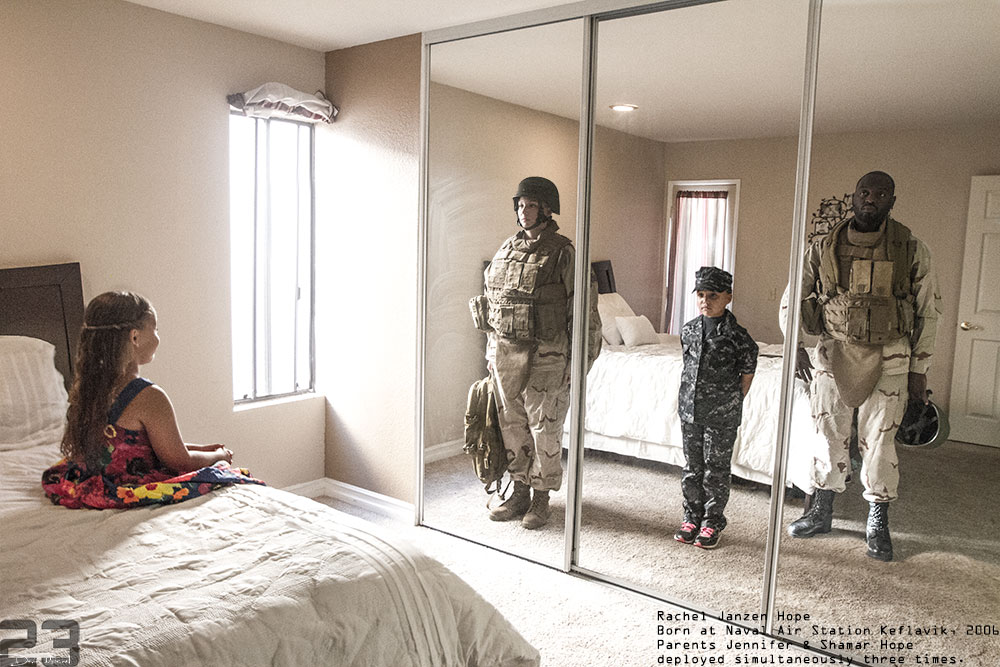
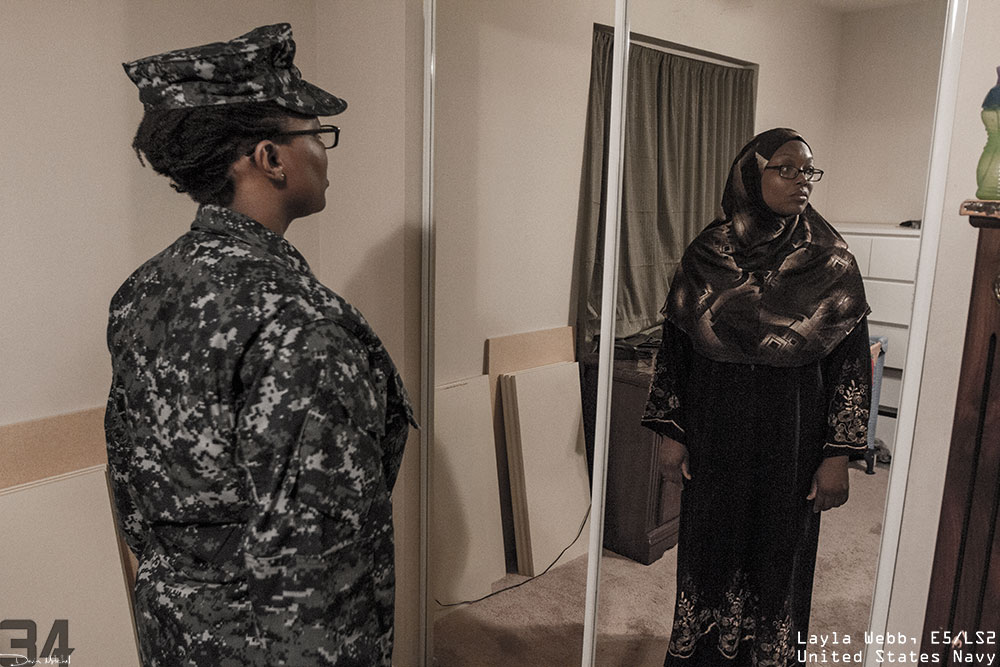
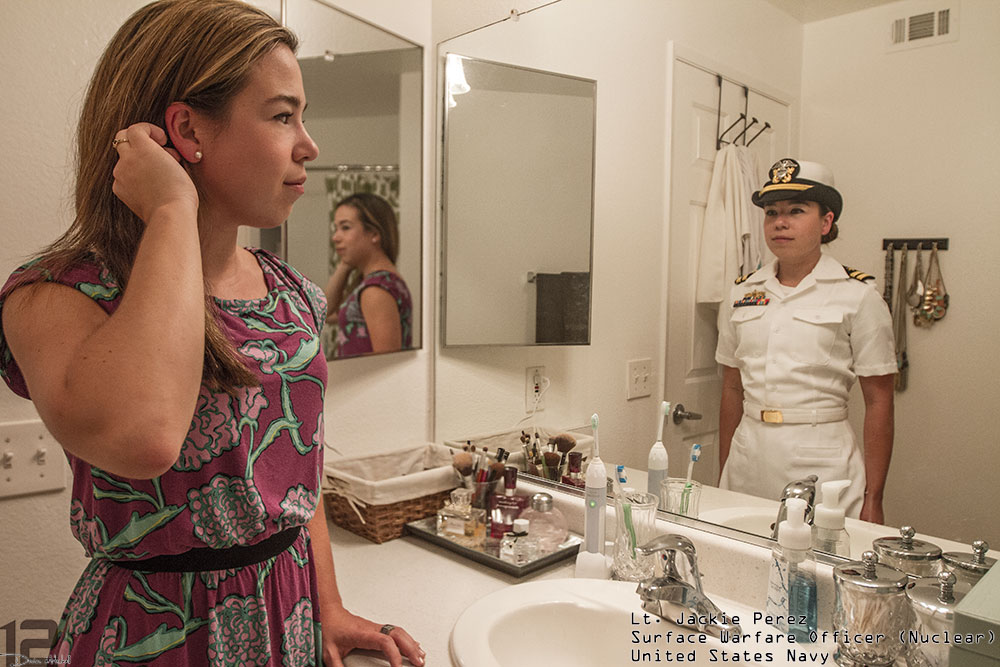
“One photo that really speaks to me the most is the picture depicting Joshua Zitting and his husband Patrick Lehmann,” Mitchell told Mic. “It reminds me of how unfair it is that this man can serve while enjoying all of this constitutional rights as an American, while other men and women similar to him cannot in other parts of the country, due in part to recent decisions such as the one made by circuit judge Jeffrey Sutton [who recently upheld same-sex marriage bans in Michigan, Kentucky, Ohio and Tennessee]. Judges like him are blind in my eyes. Maybe pictures like this will help him see better.”
Mitchell, a proud gay man, knows what it feels like to lack of equal protection under the law. It wasn’t until 2010 that the federal government repealed “Don’t Ask, Don’t Tell,” a law that prohibited lesbian, gay and bisexual military personnel from serving openly as queer individuals. (Despite the efforts of advocates, transgender individuals are still unable to serve openly in the United States military.)
With this project, Mitchell has taken pains to represent the veterans of different races, sexual orientations, religions and gender. “It is a really big deal, in my opinion, that sometimes people are denied jobs on the basis of what they look like, they are not equally considered for various opportunities, and in some jurisdictions, are good enough to serve but not good enough to qualify for equal protection under the law,” he told Mic.
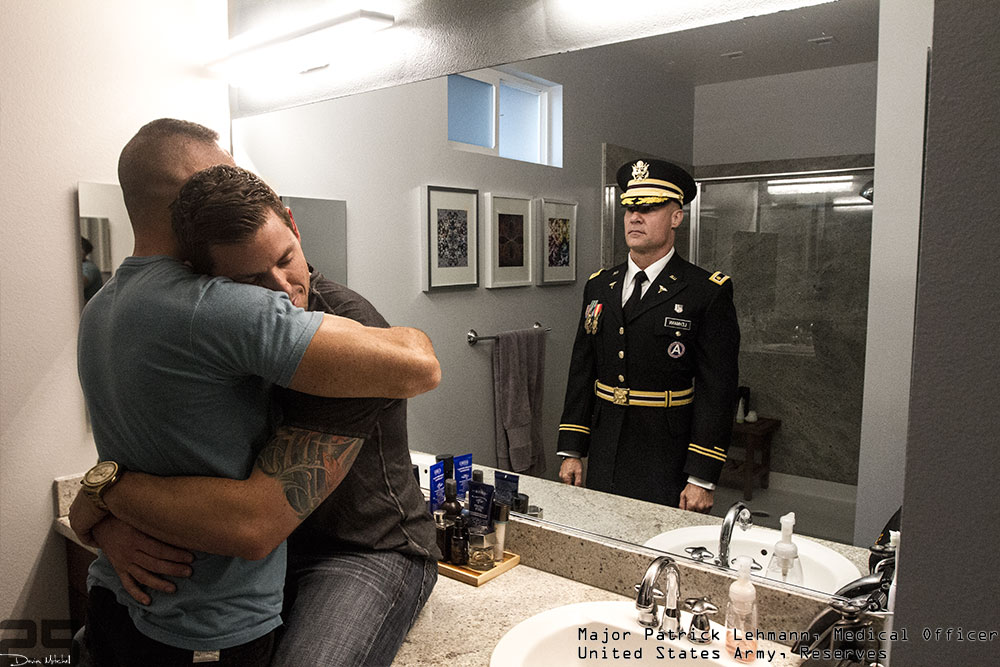
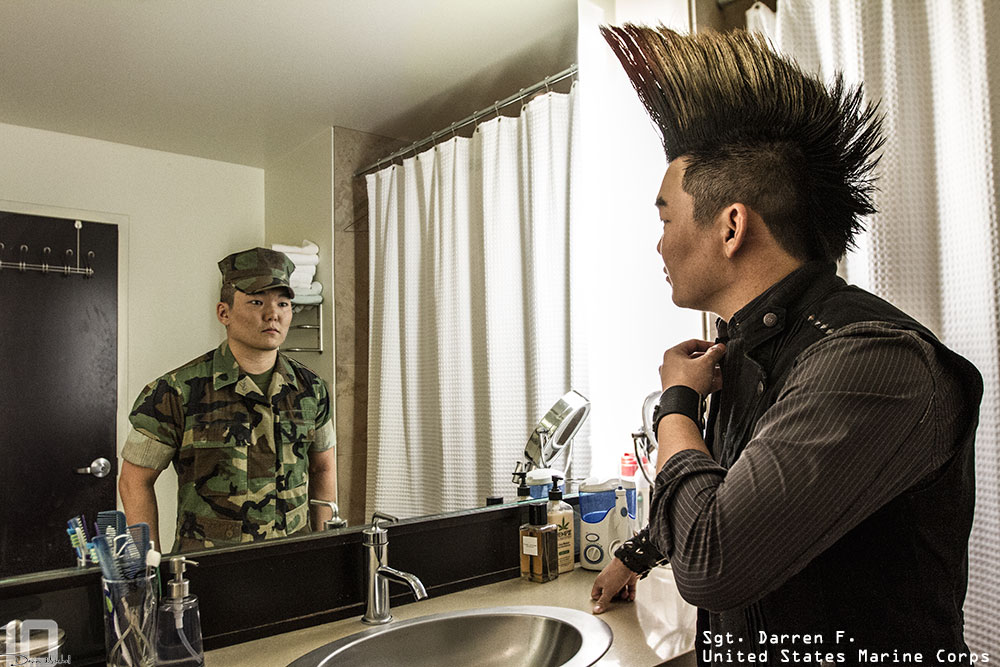
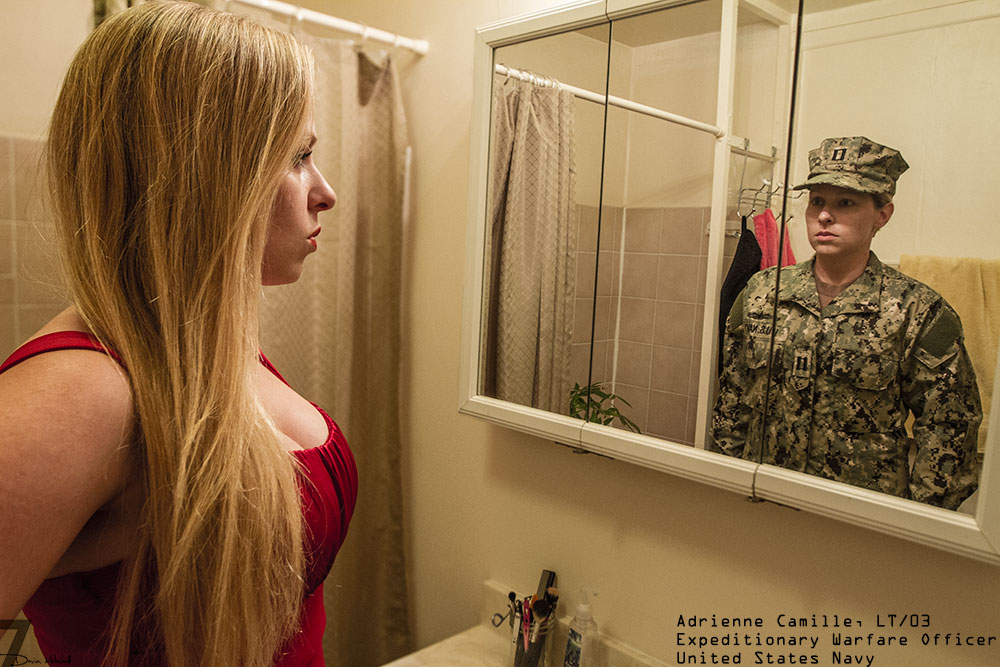
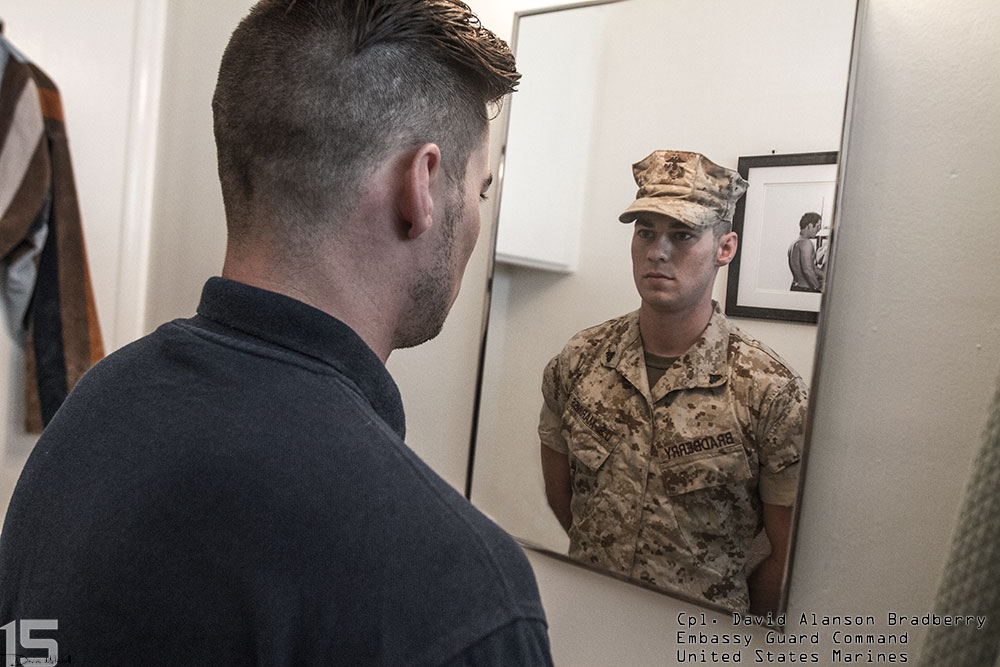
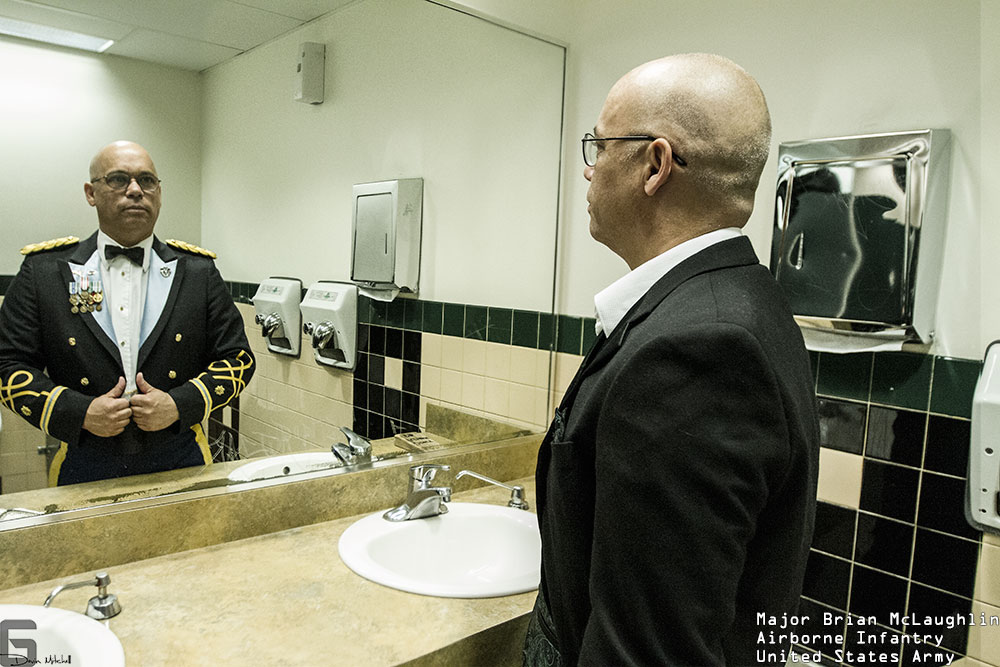
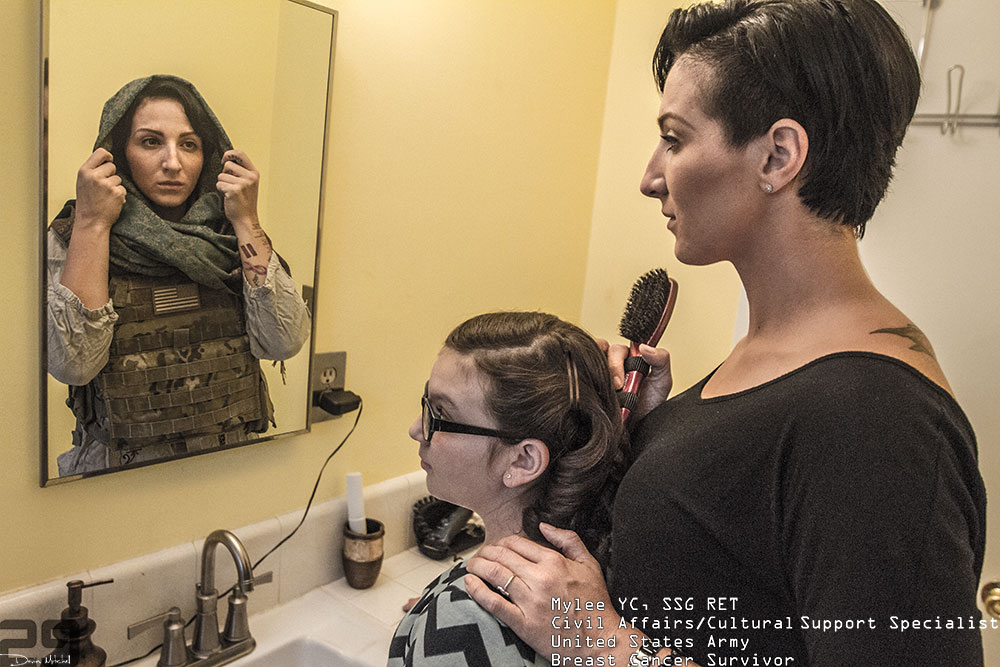
The use of the mirrors was intentional, of course. “It’s kind of an optical illusion to tell their stories of who they were when they were in the service and who they are now,” Mitchell told ABC 15.
Ideally, people who view this project will come away with a better understanding of those who fight and die fighting America’s wars all over the world. “I really hope that people see who is protecting them, who is serving them and who is sacrificing their individuality by issuing themselves to the government,” he told Mic.
All images courtesy of Devin Mitchell


